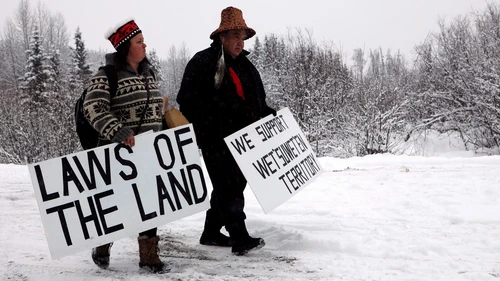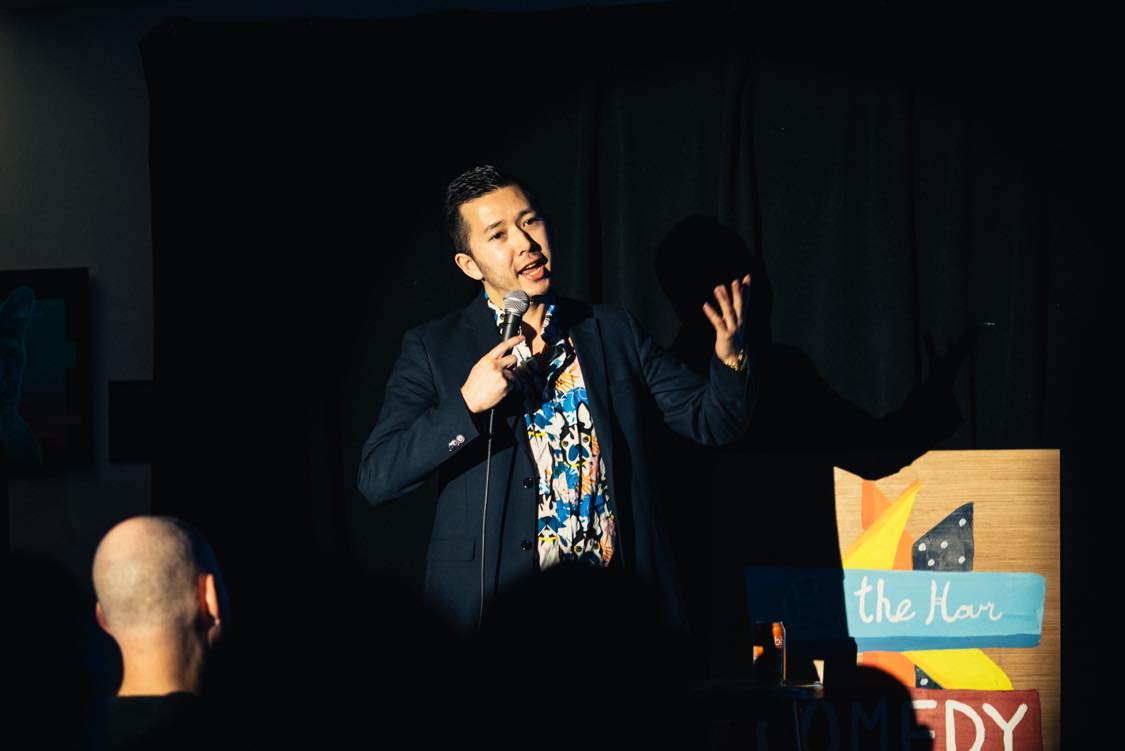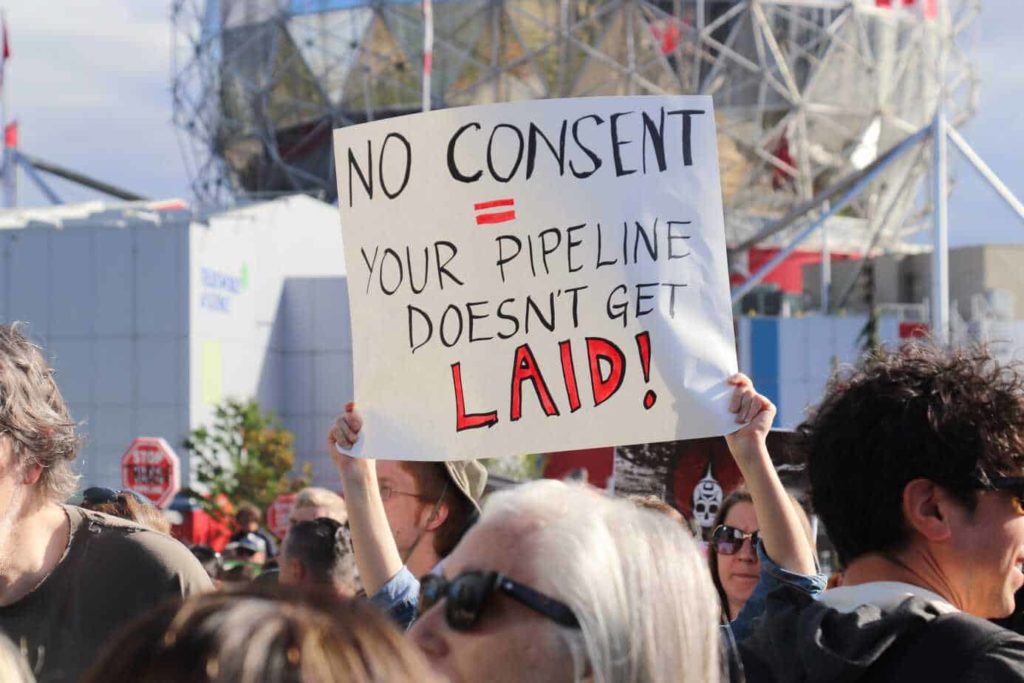As the RCMP arrested some of my extended family members at the Gitdimt’en checkpoint near the Unist’ot’en Camp Monday night I couldn’t help but feel guilt. As a Laksilyu clan member I felt guilt for not being there on the land with them because I live and work in Vancouver. And I felt guilt for my small role in the horrendously flawed community consultation process that eventually led to my elected band council signing an agreement in support of the Coastal GasLink pipeline. The divide between our nation’s elected and hereditary leadership has compromised the efforts both sides make to serve our people and unity is needed at this critical moment in Wet’suwet’en history.
For thousands of years the Wet’suwet’en have stewarded our 22,000 square kilometres of traditional territory under a matriarchal clan system. We have five clans and 13 house groups within those clans. Each of the 13 house groups have a head hereditary chief whose ancestral name is associated with that house group’s traditional territory and is responsible for protecting the territory for future generations. The elected band council system was introduced under the Indian Act as part of a suite of colonial policies aimed at eradicating traditional governance systems. The band councils are responsible for managing reserve lands, while the hereditary system is what governed the broader traditional territory which is what the pipeline is proposed to cross.
What many fail to understand about the Unist’ot’en Camp is that it is not a protest camp. Nor is it a blockade. It is a reoccupation of traditional territory and an assertion of Aboriginal title and rights to land that have been proven at the Supreme Court of Canada in the 1997 Delgamuukw decision to never have been extinguished by the Crown. Prime Minister Justin Trudeau said on CBC Radio Wednesday that the arrest of protesters is not ideal, but that the rule of law must be respected. But what about Anuk Nu’at’en, traditional Wet’suwet’en law? It hasn’t been followed by Canada, the RCMP or even by some of our own people.
Read the rest of this op-ed on VICE News.


